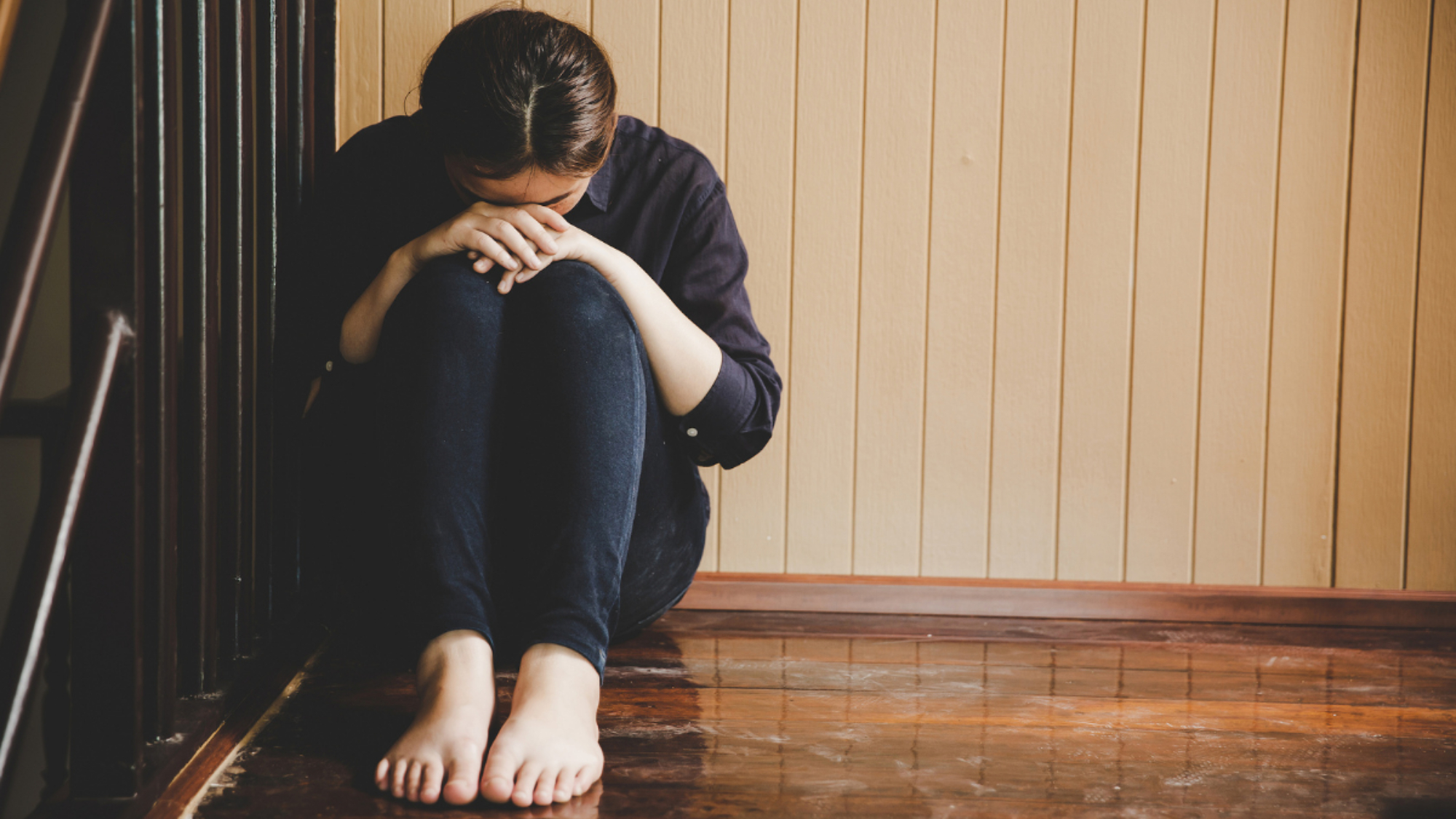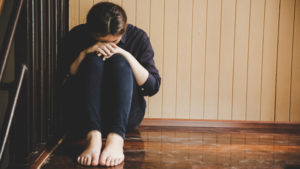For years, if not decades already, we as a nation have had a dirty little secret, being Gender-based violence (GBV), and specifically, sexual assault. Yes, it is something we all know and talks about openly in the media whenever another “passion-killer” strikes again. And strike he will. And then we ask with each blow, why? Why is it that our small nation is so burdened by sexual violence directed predominantly at women? And we talk about issues of gender inequality and mental health. We arrange prayer days. We do school outreaches. And then we pick up the newspaper just to read about yet another victim of sexual assault.
GBV as a concept is abstract with no concrete name and no face to point to. And so, the issue is often scanned over by too many Namibians as not relevant as we are not personally affected. This is why the #metoo movement is so important at this point in time and history. It takes an incredible amount of courage to openly admit that you have been a victim of sexual violence on public portals and social media, like what has happened on Twitter in the last few weeks. These are bold actions taken by girls and women to name and shame sexual perpetrators and predators and speak to desperation to do something, anything so that others would be warned and not suffer the same fate. By bravely adding their names and faces as victims of that most unspeakable of acts, rape, these women have made it personal. They have shown us that, yes, this is relevant to us all and someone you know and love has been sexually violated in one way or form. They have provided a platform for the unvoiced to be heard and the unspeakable to be said, loudly and clearly.
But for this bravery of serving as a tribute and offering their names and faces to personalize the plight of so many of us, these girls are facing a backlash of threats and intimidation for daring to bring to light what and who has been lurking in the shadows. Yet, people still ask why victims do not report what has happened to them or wait years before they do the report. And, in the backlash to the #MeTooNamibia movement, a question I am hearing from the antagonists is “why now?” almost as if implying that there is a hidden political or manipulative motive behind the more than 100 Namibian women who have dared to publicly air their blood- and semen-stained dirty underwear in public.
In this article, I would like to bring to light some of the reasons I have found in my work with survivors of sexual assault as to why they do not report their experiences of sexual assault. Firstly, the idea that survivors of sexual assault do not report what has happened to them is a myth. I have found that the vast majority of clients I have treated that have experienced sexual assault did report it, just not to the police. Most survivors tell either a friend or a family member first. And all too often they are met with inaction or disbelief. Inaction and disbelief often follow because the majority of sexual violence occurs at the hands of someone known, often a family member. So many of my clients suffered years of sexual assault at the hands of grandfathers, fathers, and uncles while their own mothers turned a blind eye out of fear or piety, since both our culture and religion prescribe that women must be submissive to men. The excuses of “It’s a private matter” and “We don’t talk outside of the house” are often given, which perpetuates both shame and the cycle of violence. Without the support of friends or family, few survivors are willing or able to face the daunting task of reporting sexual assault, the invasiveness of rape kits and police investigation, and then the arduous legal process that follows.
There are also many turbulent, and often mixed, emotions that follow a sexual assault, including guilt, shame fear, denial, and even persistent feelings of love and hopefulness. Working in mental health, I have found that professionals (police offers, social workers, nurses, doctors, psychologists), as well as society, have a tendency to rather ask “What was she wearing, why was she there, why was she consuming alcohol with men” than to ask “Why do perpetrators rape.” Because of our tendency to victim-blame, survivors also internalize these questions and often blame themselves. This leads to persistent feelings of guilt and shame. Shame is also associated with the very taboo topic of sex and even more so with sexual assault. Survivors often live with residual shame for what has happened to them. Furthermore, during the forced sexual act there are still often physiological bodily reactions and women can experience “wetness” or vaginal discharge while men can have involuntary erections, and both male and female victims can even orgasm during a sexual assault. This phenomenon is very poorly understood and rarely discussed, so can lead to a lot of confusion and shame for the survivors. Perpetrators also use this as a defense that the victim “wanted” it. So to be categorically clear: Physiological arousal symptoms DO NOT indicate consent. Understanding this can go a long way to helping survivors deal with the confusion and feelings of shame. Furthermore, Survivors often fear the repercussions of going to the police. They often fear the backlash (as we practically see in reaction to the #MeTooNamibia movement) and the fear that the perpetrator will retaliate even more violently. Many of the women in an abusive relationship also still have persisting feelings of love for their partner and truly still hope and believe that they will change. In these cases, the fear that reporting intimate partner violence will get the perpetrator in trouble with the law, and thereby actually serves as a deterrent to reporting. All these mixed feelings surrounding sexual assault can be very overwhelming and take years to process before a survivor feels stable and strong enough to seek report what happened or chose to seek justice.
Another very concerning reason that survivors do not report sexual assault is that they simply don’t even realize that what has happened to them is sexual assault. What consent is, or isn’t, in other words, what is rape, or isn’t, is not very well understood by too many men and women in our country. There is an assumption that only forced intercourse qualifies as rape. I have had many clients who did not realize that forced digital or oral sex is rape. As obvious as it seems to a rational mind, most people do not seem to recognize that loss of consciousness, even if you got yourself passed out drunk, renders a person legally unable to consent to sex. A drunk or passed-out girl cannot consent. Whether she got herself drunk or placed herself in the company of men also does not equal consent.
What can we do as a society to support survivors of sexual assault? First and foremost. Believe them. Both abroad and locally you hear an antagonistic response that men are often afraid to support and associate with the #MeTooMovement out of fears that “women cry wolf” and that they will be falsely accused of rape with their reputation and lives destroyed. According to statistics by the FBI, the rate of false rape accusations is about 2%, which is also comparable to false criminal accusations overall. So someone lying about having been sexually assaulted is so glaringly less likely than them telling the truth that this defence shouldn’t scare off anyone from supporting the movement. Unless, of course, the shoe fits. Otherwise, trust that justice will be served and that the innocents will remain so, unless proven guilty. Secondly, support them. Admitting sexual violence is also often very isolating as survivors withdraw and sociall isolate themselves. Families are also often torn apart in the aftermath, leaving survivors with few trusted people to confide in. Going through sexual violence is one of the most invasive, painful and degrading violations anyone can experience with the vast majority of survivors developing one or more mental disorders (post-traumatic stress disorder, depression, anxiety, suicide and substance use being the most common) that can takes years, if not entire lifetimes to recover from. The prognosis of treatment outcomes are always much better if the survivor has support from their friends, family and society as large. Are we as a society telling survivors of sexual assaults that we believe them and support them? Or are we blaming, alienating and isolating them? And if our first responses are the latter, are we at all surprised when survivors feel they have nowhere to turn and are left to rather suffer in silence?






